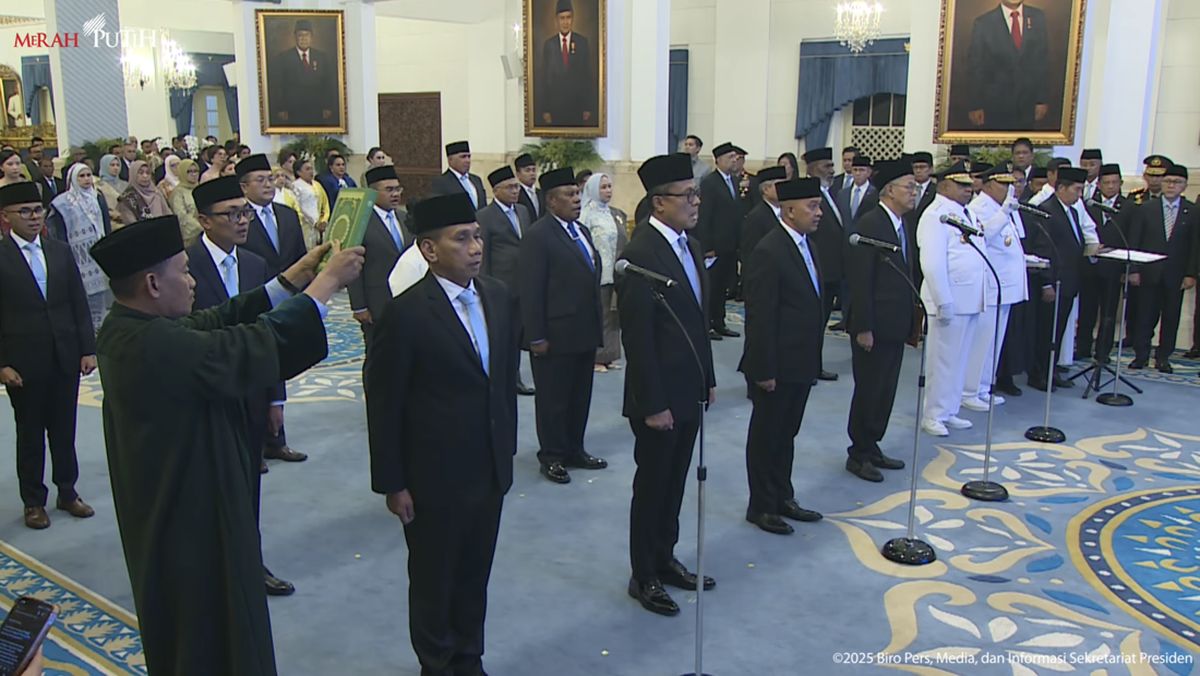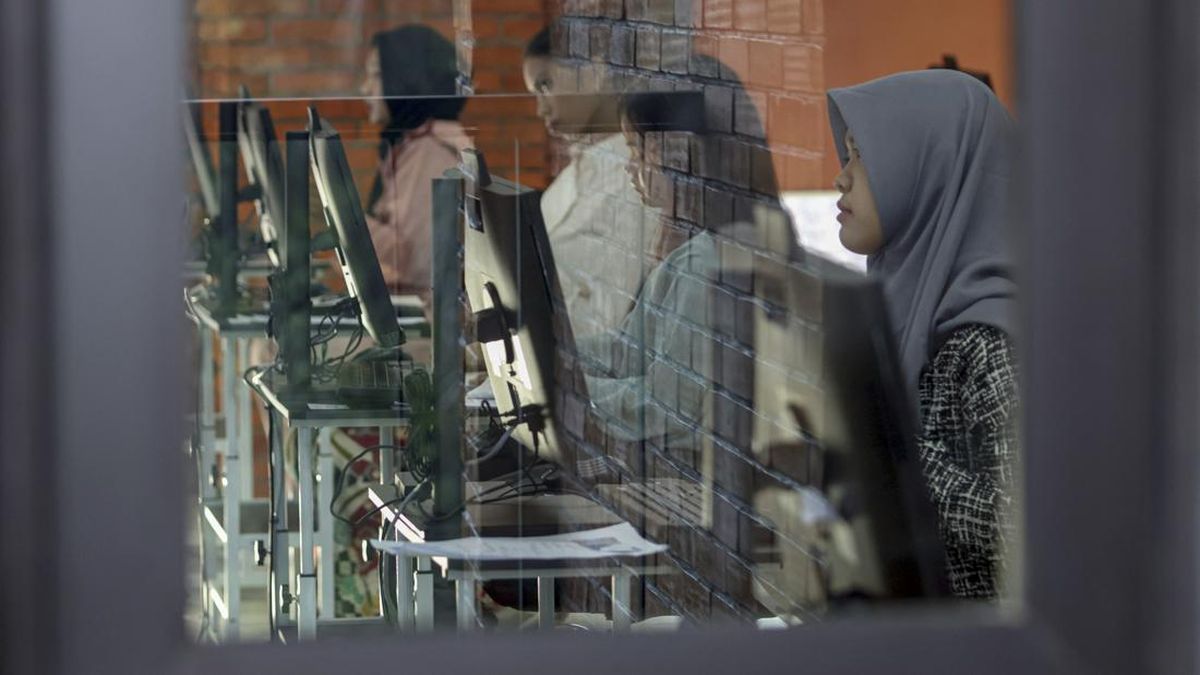‘If we don’t get it right, people die’: Every three minutes, police get a call for help
“We’re treating domestic violence the same as we treat major crime.” This is the bold statement of Assistant Commissioner Peter McKenna, NSW Police’s domestic and family violence corporate sponsor.
Domestic violence is the biggest issue NSW Police deal with, amounting to about 60 per cent of its workload. Police receive an average of 438 callouts every day – one every three minutes – amounting to 160,000 a year.

Assistant Commissioner Peter McKenna: “It’s been a game-changer for us.” Credit: Steven Siewert
“We know we’ve got to get it right because, if we don’t get it right, the potential is there for catastrophic circumstances and people die.”
Police, ranging from detectives in the specialist family violence unit to general duties probationary constables, are now using “technology better than we’ve ever used it before in how we track and how we capture people”, McKenna said.
“Technology we might have used only for major crimes previously, we’re now using that sort of technology in domestic violence investigations,” he said.
McKenna did not elaborate on details because of the risk it would reveal police methodologies.
Loading
“The focus on domestic and family violence is at the forefront of everything we do. Every morning we are reviewing all the domestic matters that happened overnight,” he said.
“We’ve got our high-risk domestic violence teams out there going after those offenders who think they can hide. We’re putting resources into making sure that victims are safe and offenders are held accountable.”
McKenna spoke to the Herald on July 1, a year after the introduction of the state’s controversial coercive control legislation which he says has empowered police to fight domestic violence on another front.
“It’s been a game-changer for us. It’s now the point that police are no longer looking for black eyes and bloody noses,” he said.
Instead, investigators from across the state are examining behaviours such as controlling what their partner wears, controlling their social media accounts or finances, or dictating who they’re allowed to be friends with.
“Coercive control requires a range of behaviours together – it can’t just be the one behaviour. You’re not free to do what you want.
“All those behaviours, when you put them together, you can see it really is detrimental to that person’s health and wellbeing.”
More than 300 cases of coercive control have been investigated, and eight are before the courts. The Herald revealed last year that the first person convicted under the new legislation had locked his wife in their home, threatened to murder her and smashed her phone.
The legislation has empowered police in other ways.
“Offences like intimidation, stalking, harassment – we’ve laid an extra 900 charges in that space since coercive control [legislation] has come in,” he said.
There is positive news, too, for intimate partner homicides.
“Something’s going better than it was in that space,” McKenna said. “While our domestic violence numbers are increasing [overall], to not have an intimate partner homicide so far this year is something I am really pleased about. There have been other domestic violence homicides, and one’s too many, but this space is all about intimate partner control.”
Most Viewed in National
Loading


















































